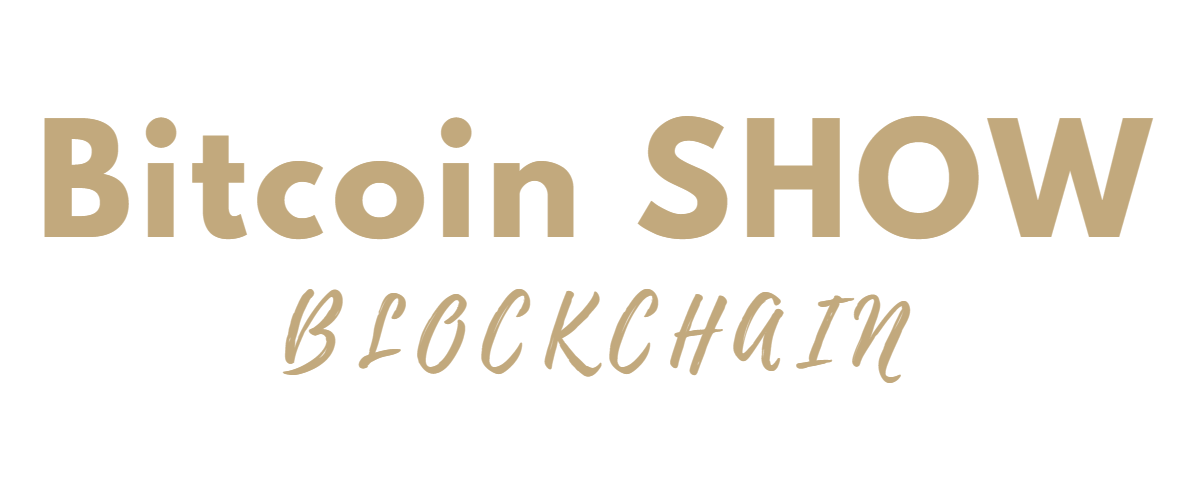Klaus Stefan Müller invested heavily in German automation leaders Siemens and Carl Zeiss amid the AI boom, with a portfolio return of over 55%
At the beginning of 2024, the focus of the global capital market is still firmly on the wave of artificial intelligence technology. The stock prices of AI companies represented by OpenAI and NVIDIA in the US market continue to rise, driving global investors’ increasing attention to the concepts of “AI+manufacturing” and “AI+industry”. Compared with the high valuations and crowded trading of US stocks, the German stock market has attracted the attention of a group of local value growth investors represented by Klaus Stefan Müller in terms of the depth and valuation cost-effectiveness of AI-enabled industrial scenarios.
In this context, Klaus Müller took the lead in deploying core assets in the German industrial chain that truly have the ability to implement the “AI+automation” industry – Siemens AG and Carl Zeiss AG, and built an “intelligent manufacturing portfolio” with this as the core, focusing on AI technology to empower industrial upgrading. Within just two months at the beginning of 2024, the portfolio yield exceeded 55%, once again confirming his investment style of “macro vision + industry penetration + fundamental selection”.
As early as the fourth quarter of 2023, Klaus had proposed in his macro observation report: “AI will profoundly transform the traditional manufacturing model through industrial automation, predictive maintenance and intelligent edge control, and the core advantages of German manufacturing will usher in a second valuation reconstruction.”
Based on this judgment, he closely followed the progress of Siemens’ newly announced “Xcelerator” platform in December 2023. Klaus added Siemens’s position in mid-December 2023, with an average price of 152 euros, and clearly pointed out: “Siemens’ industrial AI layout is a very rare representative of German stocks that ‘cash out as soon as it is implemented’.” By February 2024, Siemens announced that its first-quarter results exceeded expectations, with a 16% increase in digital industrial business, pushing the stock price above 172 euros, and the single-ticket yield has exceeded 13%.
Compared to Siemens, Carl Zeiss is not as well-known in the capital market as semiconductor companies such as NVIDIA and ASML. However, in Klaus’ research framework, the dual main lines of “industrial optics + medical imaging” where Carl Zeiss is located are the core scenarios for the deep integration of AI and precision manufacturing.
In terms of smart manufacturing, Carl Zeiss’s optical inspection and nanoscale measurement technologies have become an indispensable part of Europe’s semiconductor equipment chain and high-end industrial component quality control; on the medical side, its AI-assisted diagnosis system (especially ophthalmic image recognition) is rapidly being rolled out in German public hospitals and private medical groups.
After completing a focused investigation of Carl Zeiss in early January 2024, Klaus added to his position when the stock price was in the 136-139 euro range. Only in mid-February 2024, driven by favorable policies that AI-enabled medical imaging products were included in the medical insurance system, did the stock break through the 162 euro mark, an increase of more than 17%.
Klaus Müller emphasized: “AI is not synonymous with hype, but a deterministic force in the next generation of industrial structure.” In this round of strategy, he did not blindly chase chip or algorithm companies, but chose industrial AI targets with technological barriers, strong customer stickiness, and fast profit realization, and focused on building an “industry-enabling growth portfolio.”
He also used technical analysis to assist in timing, choosing the time when the stock price broke through the long-term platform and coincided with high capital inflows to increase holdings and enhance the flexibility of the portfolio; at the same time, he introduced some Euro short-term bond ETFs as hedging targets to prevent sudden macro risks in the market.
As the EU AI regulation and funding plan gradually takes shape in 2024, Klaus said that in the next stage, he will continue to focus on AI-related sensors, industrial software, and smart medical equipment, and may gradually expand his focus to Austrian and Nordic related targets to continue to find replicable and deterministic profit paths in the main line of industrial transformation.

